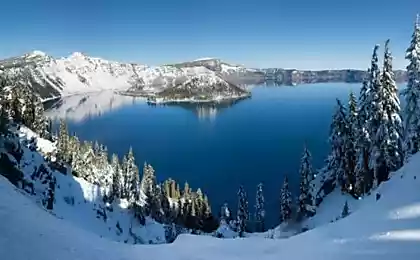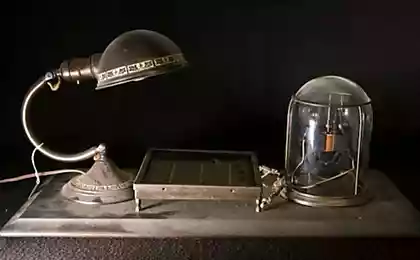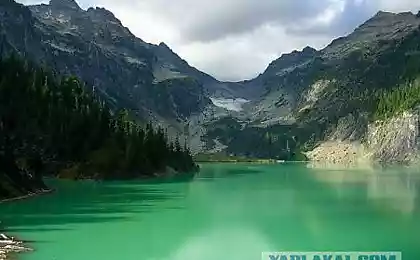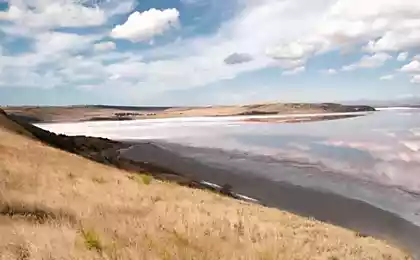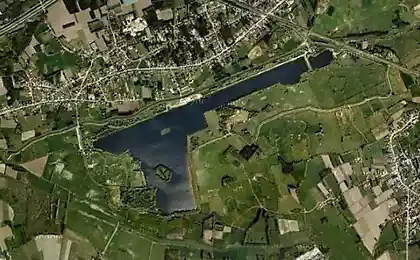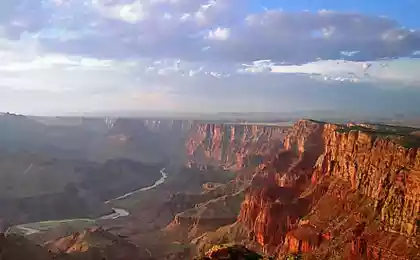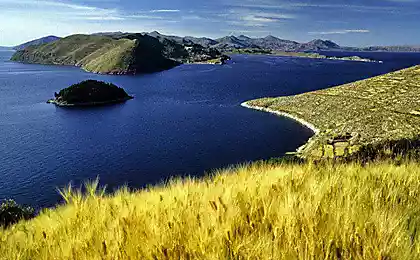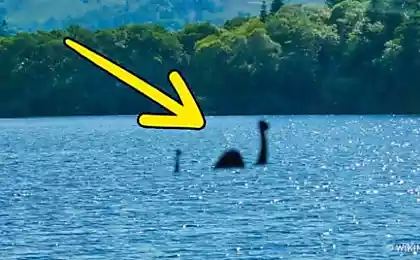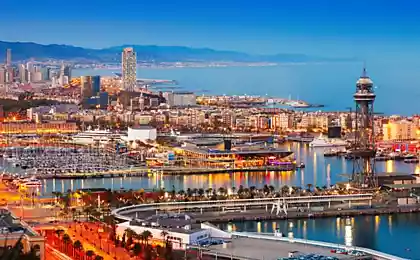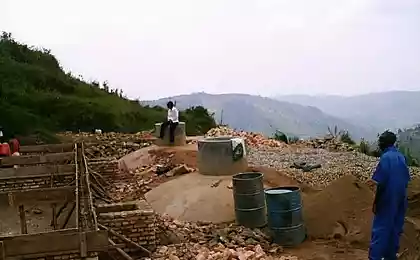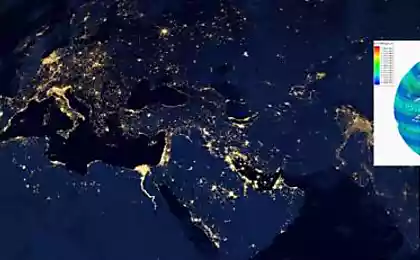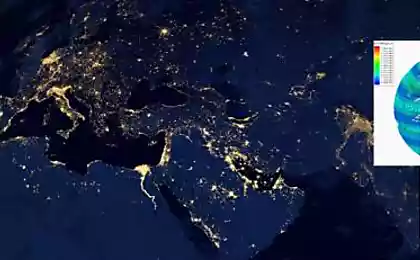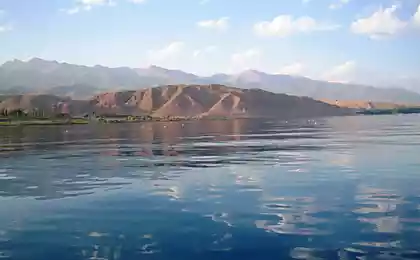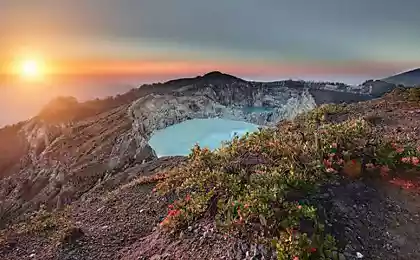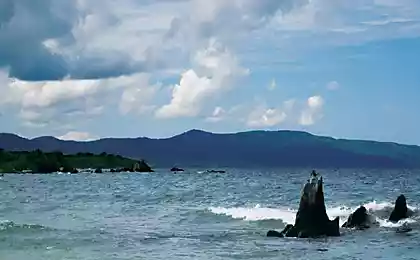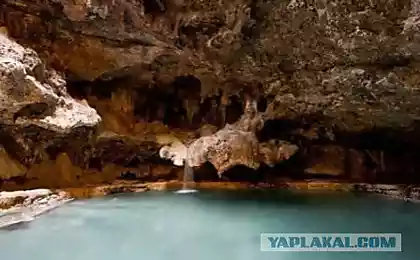185
Rwanda's deadly methane lake could become energy source
Kivu is a lake in Central Africa, on the border between Rwanda and the Democratic Republic of the Congo in the East African Rift Valley, a geologically active region where Earth’s tectonic plates diverge very slowly from each other. This activity has led to huge accumulations of dissolved methane and carbon dioxide in the deep waters of the lake, but there are ambitious plans to start pumping gas out of the lake to generate enough electricity to double Rwanda’s current electricity capacity.
Phys.org reports, “The levels of carbon dioxide (CO2) and methane are very high and there is a risk of sudden release, which can lead to a terrible explosion, causing carbon dioxide streams to suffocate people and animals in the district,” explains Matthew Yalire, a researcher at the Volcano Observation Center in Goma, on the shore of a lake owned by the Democratic Republic of Congo.
“Right now the lake is stable, but for how long?” asks Mr. Yelir, explaining that gas extraction can help stabilize the lake and avoid an explosion.
Currently, energy company ContourGlobal is building a platform to start pumping gas from the depths of the lake. The plant will suck dissolved gases onto the surface of the lake for further collection – without any drilling. Methane and CO2 will then be separated—methane will be transported to a power plant on land, while CO2 will again be dissolved and pumped back into the depths of the lake.
The leaders of the project assure that this process will not adversely affect the lake, plants and animals that live in the lake and nearby.
The first phase of the project, called KivuWatt, will produce 25 GW of electricity, which will eventually increase to 100 GW — virtually doubling Rwanda’s current 115 GW capacity. The project is part of the Rwandan government’s plan to expand access to electricity from 17 percent of the population who currently have access to it to 70 percent of the population by 2017.
The risk of a sudden release of gases remains high. In 1980, two lakes in Cameroon that have similar levels of gases produced lake explosions that claimed more than 1,700 lives. About 2 million people live in close proximity to the lake, so this gas project is vital. However, in the case of Lake Kivu, in addition to reducing the risk to the lives of residents, this project will also provide a source of clean energy.
Source: aenergy.ru
